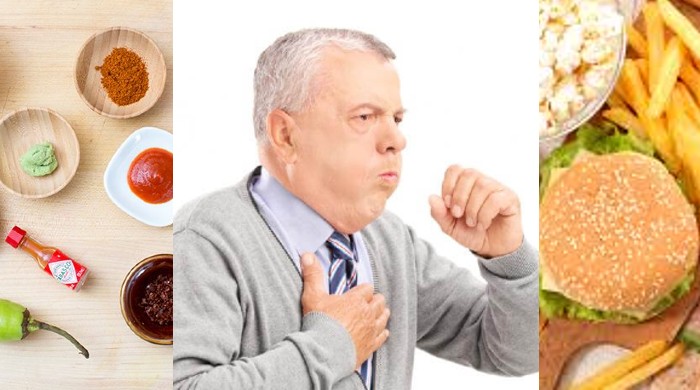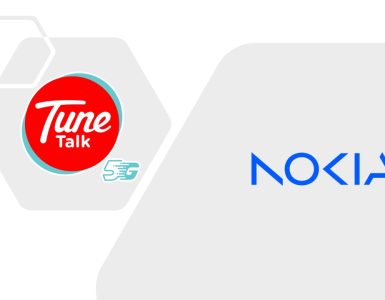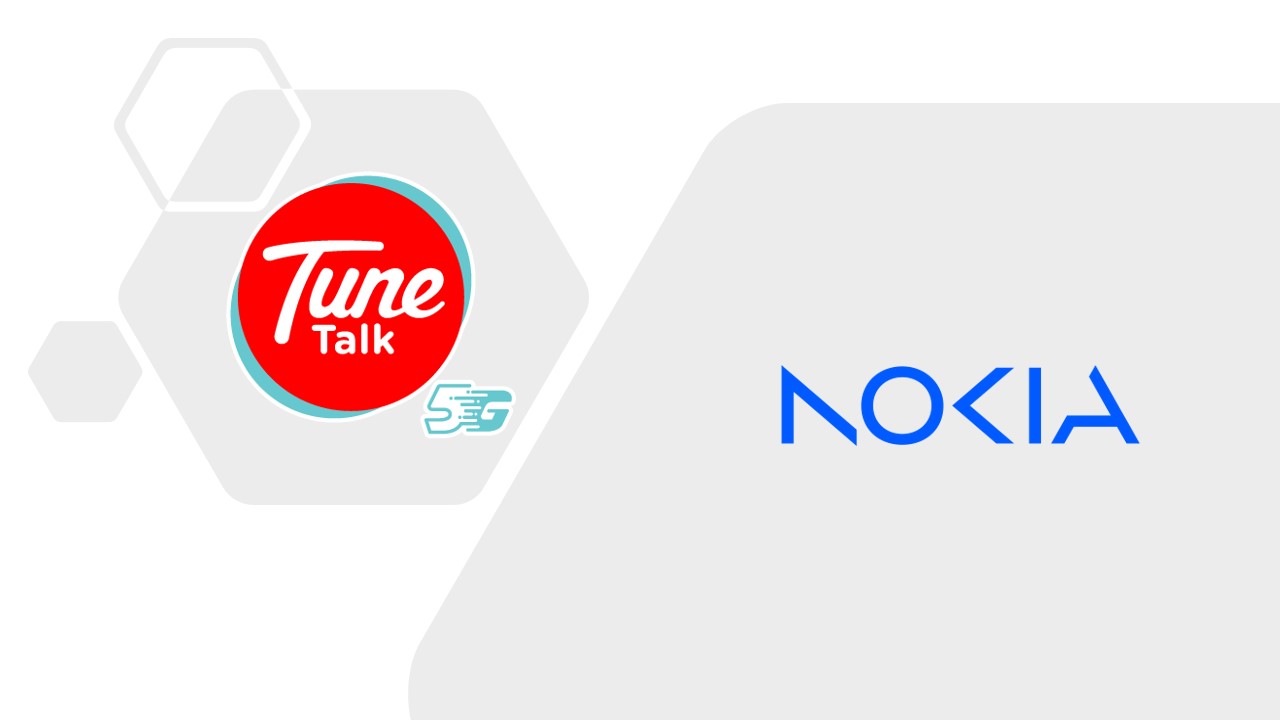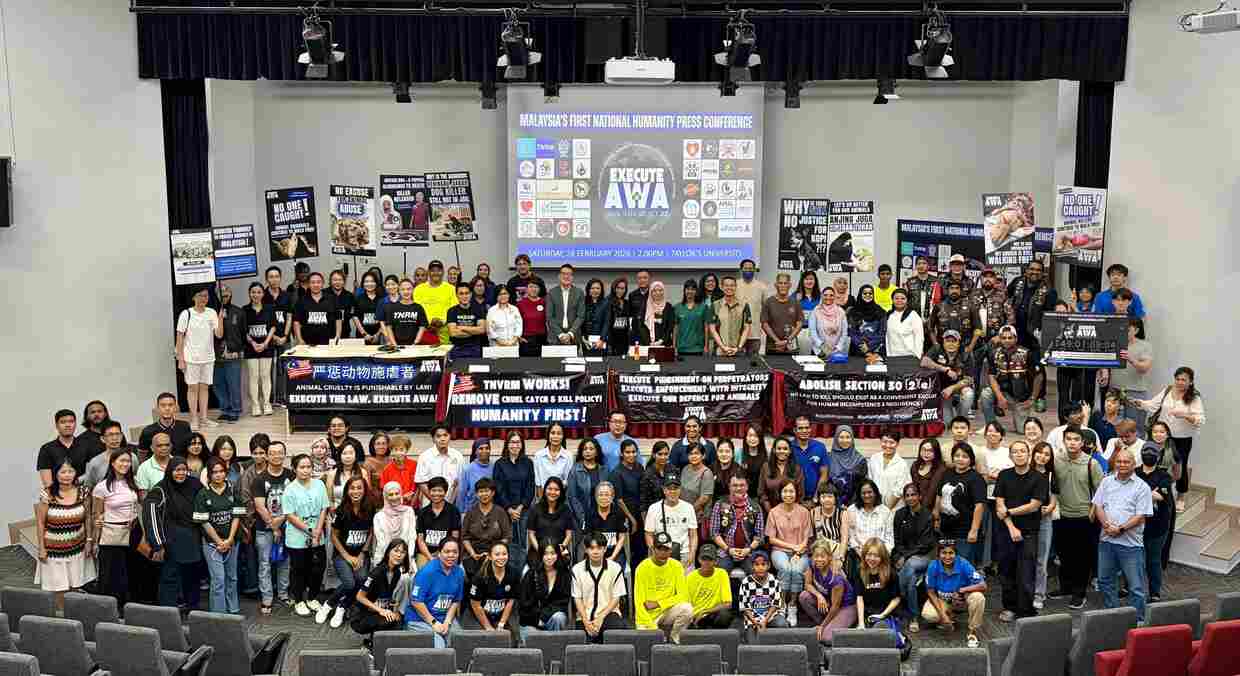Cough is a common symptom that helps the body keep irritants out of the respiratory system. Coughing after meals can happen occasionally or frequently. Some possible causes include acid reflux and food allergies which can be treated by changing eating habits or diet.
However, constant cough after eating or drinking may be a sign of other underlying health issues that may require a visit to the doctor. Below are ten reasons you could be coughing after your meals.
1. Acid Reflux
Acid reflux commonly occurs when the acid in the stomach makes its way up to the esophagus. The lower esophageal sphincter (LES), which is the muscle below the esophagus allows food and liquid to move into the stomach.
Sometimes the LES doesn’t close fully after eating, making way for acid to move from the stomach up to the esophagus. This may irritate the esophagus and cause symptoms such as heartburn and coughing while eating.
Common causes of acid reflux include eating habits such as eating fast, overeating or consuming a large meal at one sitting and laying down flat immediately after eating.
Food that are oily, acidic foods, carbonated drinks, alcoholic beverages and too much caffeine are known as common triggers of acid reflux.
2. GERD (Gastroesophageal Reflux Disease)
GERD is a chronic form of acid reflux. You may have developed GERD if you experience the symptoms of reflux happening more than twice a week.
When the acid from the stomach makes its way up to the esophagus frequently, it can cause irritation which results in the coughing. At times the acid can be accidentally breathed in which can also cause coughing.
Other symptoms for GERD include regurgitation and hoarseness. Symptoms for GERD can be reduced with over the counter remedies for reflux such as antacids.
3. Laryngopharyngeal reflux (LPR)
LPR is another condition that is associated with long term acid reflux. LPR however affects the upper section, with the acid passing through the esophagus all the way up to the voice box also known as the larynx.
Symptoms include sore throat, sensation of a lump or mucus in the throat. It can cause constant coughing during or after meals with an urge to clear the throat.
Certain lifestyle changes such as avoiding acidic, spicy and fatty foods, alcohol, tobacco and caffeine can help with managing LPR.
4. Asthma
Asthma is a long term condition in which the airways in the lungs get narrow and inflamed while producing mucus. It can cause breathing difficulties, tightness in chest, coughing and wheezing. Asthma may also cause increased coughing at night and while exercising.
While the exact cause of asthma is still unknown, common causes include genetics, allergies, infections and environment.
Avoid common triggers of asthma and take your medications as coughing due to asthma can get worse during an attack.
5. Respiratory Tract Infections (RTIs)
RTIs are infections in the body parts associated with the respiratory system. Symptoms may include coughing, sneezing, runny nose, sore throat and breathlessness. Eating may aggravate the congestion which results in coughing to clear the airways.
Chronic coughing after eating may also be due to an infection that has not fully healed. This may cause dry cough which may cause inflammation to the airways leading to more coughing.
Doctors may prescribe anti-inflammatories as the cycle of coughing and inflammation may slow the healing process.
6. Bronchospasm
If you only cough after eating or drinking cold food or beverages chances are it might be bronchospasm. This condition happens when the airways tighten due to the cold which reduces airflow.
Other common causes of bronchospasm includes smoking, infections and asthma. You may also experience wheezing, tightness in the chest and difficulty breathing.
7. Food allergies
Allergies happen when the immune system perceives certain food as harmful to the body. An allergy response may occur within a couple of hours after eating. It can affect the respiratory system with symptoms such as shortness of breath, wheezing and coughing.
It is important to visit a doctor to identify the food which is causing the allergy. Common foods that cause an allergic reaction include dairy products, nuts, eggs and fish.
8. Dysphagia
Dysphagia is a terminology to express the difficulty of swallowing. A person with dysphagia may experience difficulty in moving certain or all food and liquid into the stomach. Swallowing will need more time and effort and at times be painful.
You may experience coughing due to the sensation of food being stuck in your throat. Other symptoms include choking when eating and persistent drooling.
Dysphagia is usually caused by another underlying health condition such as GERD, stroke of cancer. It is advisable to see a doctor to find the cause and treatment for dysphagia.
9. Aspiration pneumonia
Aspiration pneumonia is a condition where small food particles or saliva are inhaled into the lungs while eating. While healthy lungs clear them out, some may infect the airways with bacteria from the particles.
Those with aspiration pneumonia may cough mucus after eating. Other symptoms include breathlessness, chest pain and bad breath.
You should visit a doctor if you have aspiration pneumonia as it can lead to lung abscess or respiratory failure. It is mainly treated with antibiotics or antiviral medications.
10. Tonsillitis
The tonsils are two soft tissues at the back of the throat. Tonsillitis is caused by inflammation of the tonsils due to an infection.
It can cause coughing after eating due to irritation caused by food or drinks while moving through the throat lining. Other symptoms include sore throat, runny nose, nasal congestion, sneezing, hoarse voice and fever.
Most symptoms will resolve within a few days with enough rest, drinking plenty of fluids and gargling with saltwater.
Conclusion
See a doctor if coughing lasts more than 2 weeks or if there is blood in the mucus. Practise simple steps to manage coughing while eating like making a list of foods and drinks that make you cough and taking all the prescribed medications. It is advisable to stop eating during a coughing attack as it could lead to choking.











